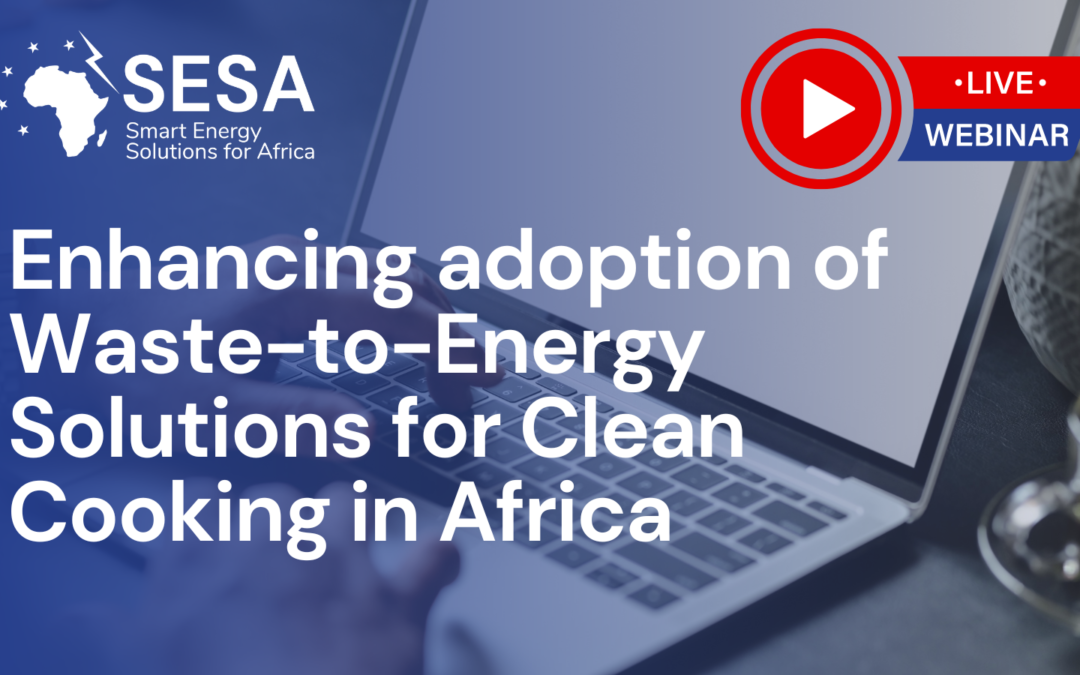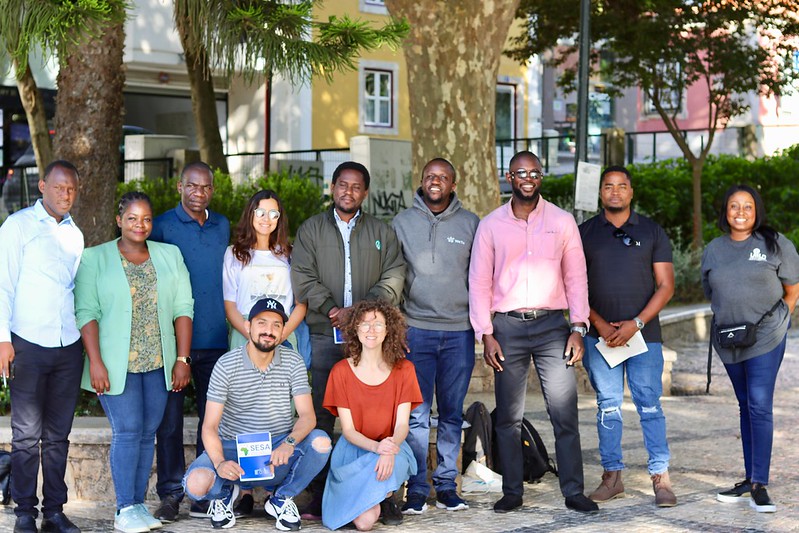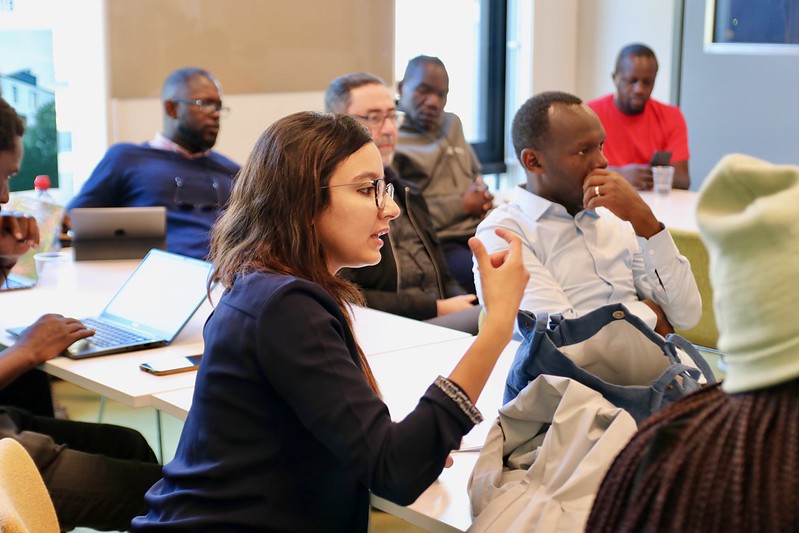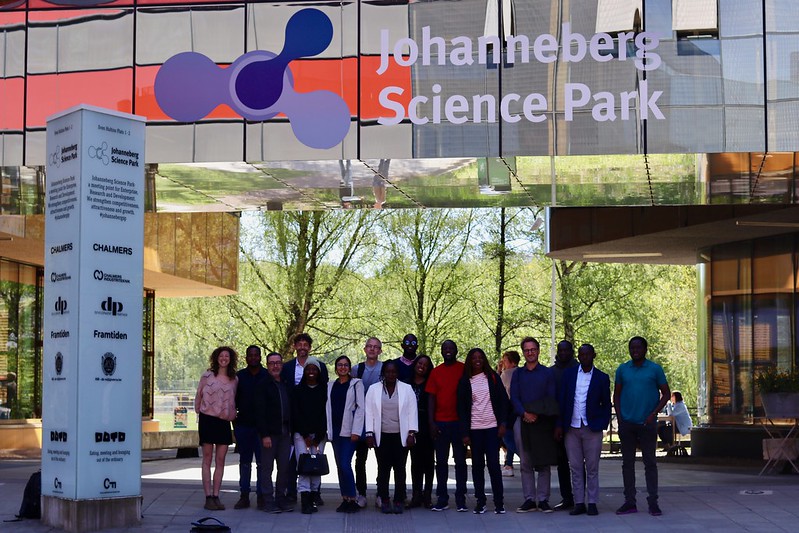
WEBINAR: Enhancing adoption of Waste-to-Energy Solutions for Clean Cooking in Africa
We kindly invite you to the SESA Online Webinar on ‘Enhancing adoption of Waste-to-Energy solutions for Clean Cooking in Africa’ to be held online via Zoom on 21st June 2023 at 11:00 – 12:30 GMT (14:00 – 15:30 EAT / 13:00 – 14:30 CEsT), jointly organized by Smart Innovation Norway, LEITAT and ICLEI Europe.
Webinar overview
According to the Tracking SDG7: The Energy Progress Report 2023, developed jointly by International Renewable Energy Agency (IRENA), International Energy Agency (IEA), World Bank, United Nations Statistics Division (UNSD), and World Health Organization (WHO), highlights that in 2021, more than 600 million people lacked access to clean cooking fuels and technologies in the Sub-Saharan African countries. Furthermore, under the Paris Climate Agreement, access to clean cooking fuels and technologies is integral for making affordable energy available to the people. This shall also be a cost-effective measure to tackle climate change.
Thus, considering these scenarios, it becomes necessary to take desired actions to improve the livelihood and well-being of the people as well as create sustainable business opportunities. In this webinar, the speakers are representatives from diverse domains such as technology/solution providers, policy, researchers and businesses, who will address and discuss the possibilities to enhance the adoption of waste-to-energy technologies and solutions that can help in improving access to clean cooking in the African countries. This webinar is a part of the second course of the SESA capacity building programme, a self-paced e-learning format which focuses on clean cooking and waste-to-energy. The courses are available on the NUA campus platform.

About SESA
Smart Energy Solutions for Africa (SESA) is a collaborative project between the European Union and nine African countries (Ghana, Kenya, Malawi, Morocco, Namibia, Nigeria, Rwanda, South Africa and Tanzania) that aims to provide energy access technologies and business models that are easily replicable and generate local opportunities for economic development and social cohesion in Africa. Through several local living labs, it is expected to facilitate the co-development of scalable and replicable energy access innovations, to be tested, validated, and later replicated throughout the African continent. These solutions will include decentralised renewables (solar photovoltaics), innovative energy storage systems including the use of second-life electric vehicle batteries, smart microgrids, waste-to-energy systems (biomass to biogas), climate-proofing, resilience and adaptation, and rural internet access.
Running from October 2021 until September 2025, SESA is the result of a strong partnership between leading European and African universities, research centres, industry actors, local governments, knowledge and implementation organisations and networks. These will be strengthened via peer-to-peer exchange, policy dialogues, regional and international events among others.






Recent Comments